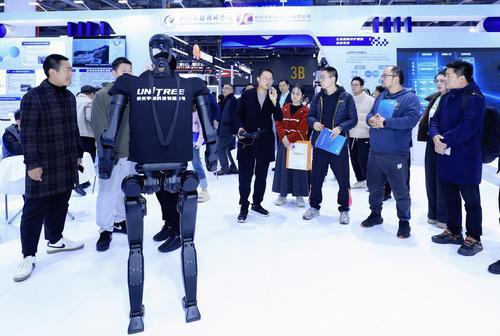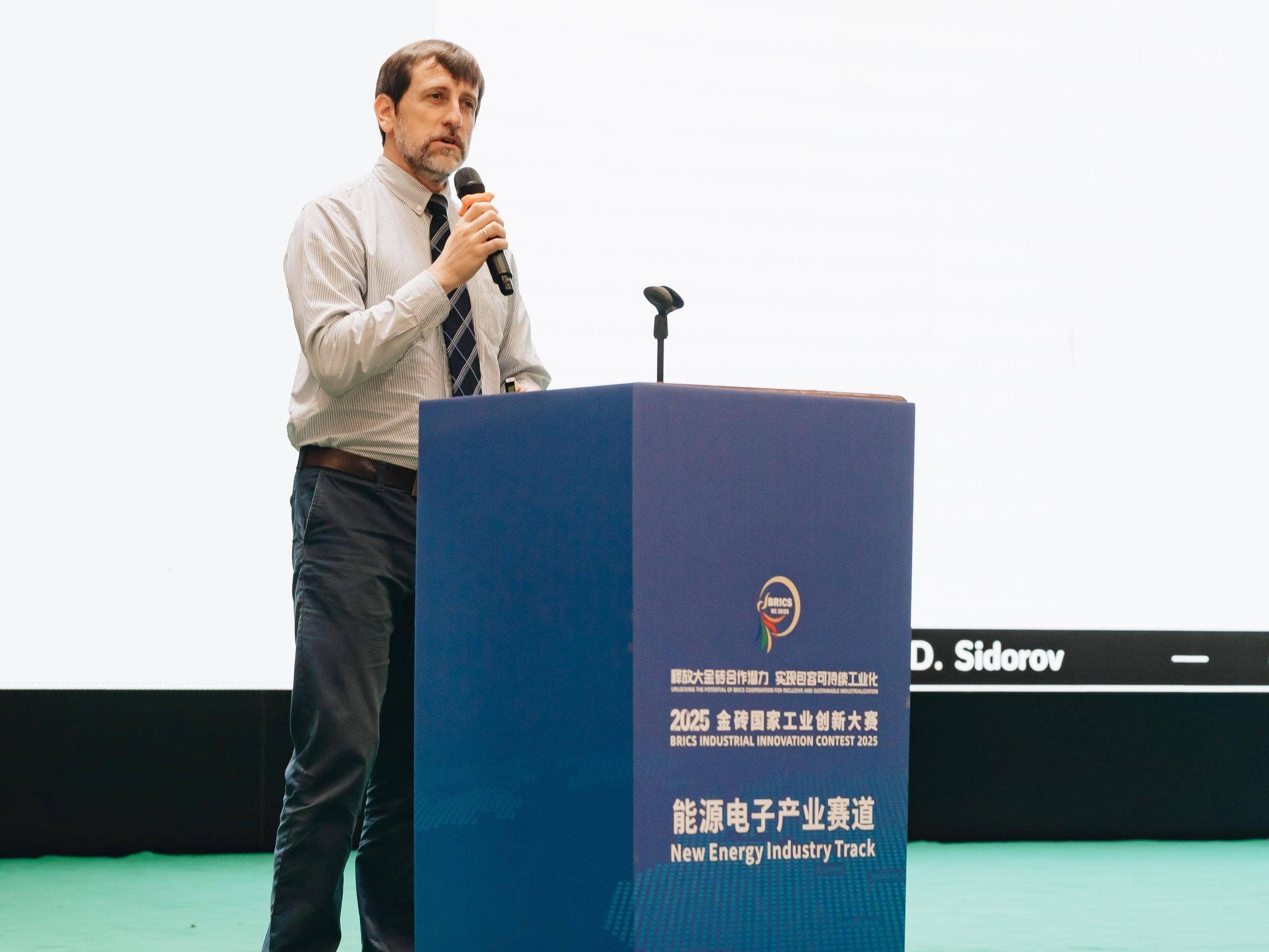Hangzhou Advances AI, Robotics Innovation

Hangzhou, the capital of Zhejiang province in east China, has set ambitious goals, including establishing itself as an AI industry innovation hub and driving a second surge in the digital economy.
The goals were announced at the city's first major meeting after the Chinese New Year holiday.
Yao Gaoyuan, mayor of Hangzhou, said technological innovation in Hangzhou repeatedly made headlines during the Spring Festival, demonstrating that innovation is becoming a defining characteristic of the city's industry and culture.
In 2024, Hangzhou's software and information sector generated over 1.17 trillion RMB in revenue, growing by 7.2 percent. According to the Hangzhou Municipal Bureau of Economy and Informatization, breakthroughs in AI and computing power are propelling the sector toward more high-end, intelligent development.
Expanding the software and information industry
The 2024 Zhejiang Software Industry Development Report says Hangzhou has established a preliminary software industry ecosystem. The city has developed a robust foundation in key areas such as operating systems, databases, middleware and R&D tools.
It also boasts leading companies in industrial and embedded software, while industries like finance, healthcare and smart cities are benefiting from strong downstream applications.
In October 2024, the China Software Industry Association named its "Top 100 High-Quality Software Companies," with 10 companies from Hangzhou's High-Tech Zone (Binjiang) making it to the list.
Binjiang is home to 146 high-end software firms, and in the January-November 2024 period, its revenue exceeded 175 billion RMB. Major enterprises such as NetEase, Alibaba and Huawei have spearheaded Zhejiang's "pioneer" R&D projects, focusing on foundational, industrial, and embedded software, as well as digital creativity, blockchain, and cybersecurity.
Government policies also play a key role in driving this growth. With targeted strategies, Hangzhou has effectively translated policy incentives into business advantages, bolstering confidence in the software and information industry.
Upgrading traditional strengths
Hangzhou is also upgrading its existing technological strengths. In January, Shining 3D, a key player in the "China Vision Valley" initiative, an industrial hub advancing autonomous driving, industrial vision, medical imaging, and intelligent living and office solutions, launched a new R&D and production facility.
Equipped with specialized labs, high-precision 3D vision manufacturing, and an advanced storage system, the facility will accelerate the development and mass production of software and hardware products.
Shining 3D, known for providing 3D vision technology for the blockbuster video game Black Myth: Wukong, develops scanning devices with various precision levels, compatible with major design software.
Since 2022, Hangzhou has been cultivating five key industry ecosystems, including a smart Internet of Things ecosystem led by vision intelligence. "China Vision Valley" brings together research institutions, universities, and top enterprises to drive innovation in vision intelligence and digital security.
Integrating future industries
Hangzhou is integrating its software and information industry with emerging technologies, particularly in embodied AI, humanoid robots, the low-altitude economy, and brain-inspired intelligence.
The city's "Measures to Support High-Quality Development of the Low-Altitude Economy" incentivizes software enterprises in this sector, offering first-time national key software enterprises a one-time two million RMB reward. Companies developing software for the low-altitude economy can receive subsidies of up to 20 million RMB per product.
Hangzhou is home to over 200 robotics companies, with its industrial robotics output reaching 15 billion RMB in 2023. The sector includes 10 specialized "little giant" enterprises — small and medium-sized enterprises with cutting-edge technologies specializing in niche sectors. They cover robotic components, complete machine manufacturing, and system integration.
According to the Hangzhou Municipal Bureau of Economy and Informatization, the city will leverage its early lead in embodied AI to expand real-world application scenarios, direct more resources towards robotics enterprises, and explore commercialization strategies for AI-powered robotics solutions.







